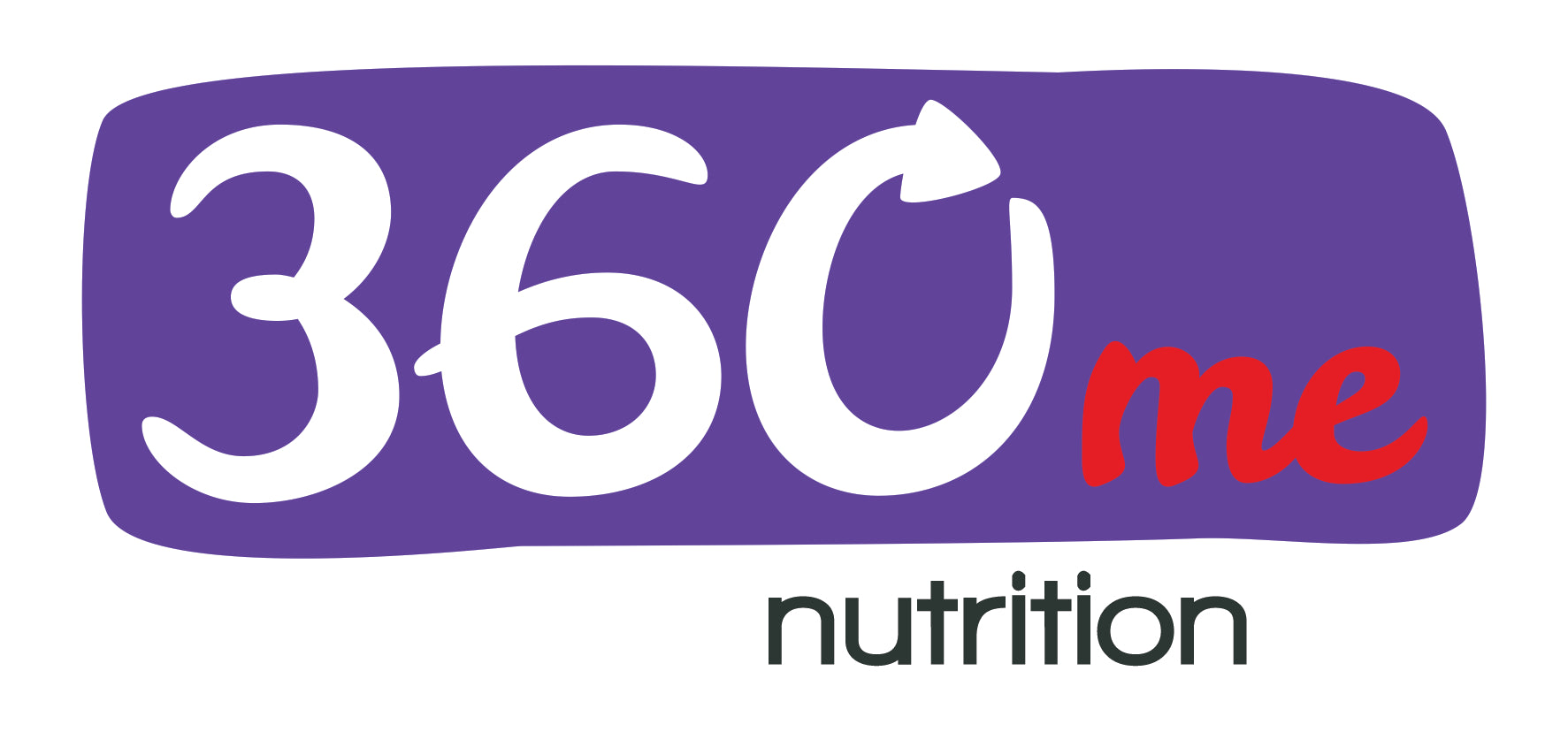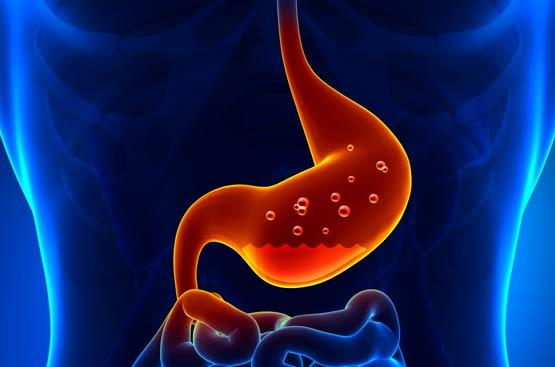Understanding Gastroesophageal Reflux Disease (GORD)
Normally, our stomach sphincter relaxes to allow food to flow into the stomach and tightens to prevent the stomach contents from flowing back into the oesophagus. In people suffering from GORD, this sphincter is weaker or relaxes abnormally, which allows stomach acid to escape into the oesophagus.
This can be problematic for people and can cause symptoms such as:
- Heartburn: A burning sensation in the chest that may radiate to the throat.
- Regurgitation: The sensation of stomach contents rising into the throat or mouth.
- Difficulty swallowing: Due to irritation and inflammation in the oesophagus.
- Chest pain: Can be confused with heart-related pain.
The long-term consequences of untreated GORD can include oesophageal damage, respiratory problems, dental issues, chronic discomfort, and an increased risk of oesophageal cancer, highlighting the importance of managing GORD to prevent these complications and improve quality of life.
It’s not always clear why the lower oesophageal sphincter becomes weakened, but it’s more likely to happen in people who:
- Are overweight or obese
- Consume excess fatty foods and a high carbohydrate diet
- Consume substances which may relax the lower oesophageal sphincter eg. tobacco, alcohol, coffee and chocolate
- Are pregnant (due to extra pressure on the stomach and hormonal changes)
- Have a hiatus hernia
- Have gastroparesis
- Are feeling stressed
- Smoke
Lifestyle management
While medications can provide relief, nutrition plays an important role in the management of GORD. A dietitian can play a pivotal role in managing GORD through dietary modifications. Here are several reasons why consulting a dietitian is essential:
- A dietitian can help identify specific foods and beverages that trigger or worsen GORD symptoms. Common triggers include spicy foods, acidic fruits, caffeine, chocolate, and fatty foods.
- Dietitians can provide personalised strategies to address portion sizes, meal timing, and food combinations that may help alleviate symptoms.
- A dietitian can assist in developing a sustainable and healthy weight management plan to reduce symptoms.
- As symptoms may vary among individuals, a dietitian can monitor your progress and make necessary adjustments to the dietary plan.
When managing GORD a multidisciplinary approach is key. While medications address the physiological aspects, consulting a dietitian provides a targeted and holistic approach to managing symptoms through dietary modifications. By working closely with a dietitian, individuals with GORD can regain control over their digestive health and improve their overall well-being. If you're experiencing symptoms of GORD, consider contacting one of our dietitians for support.

